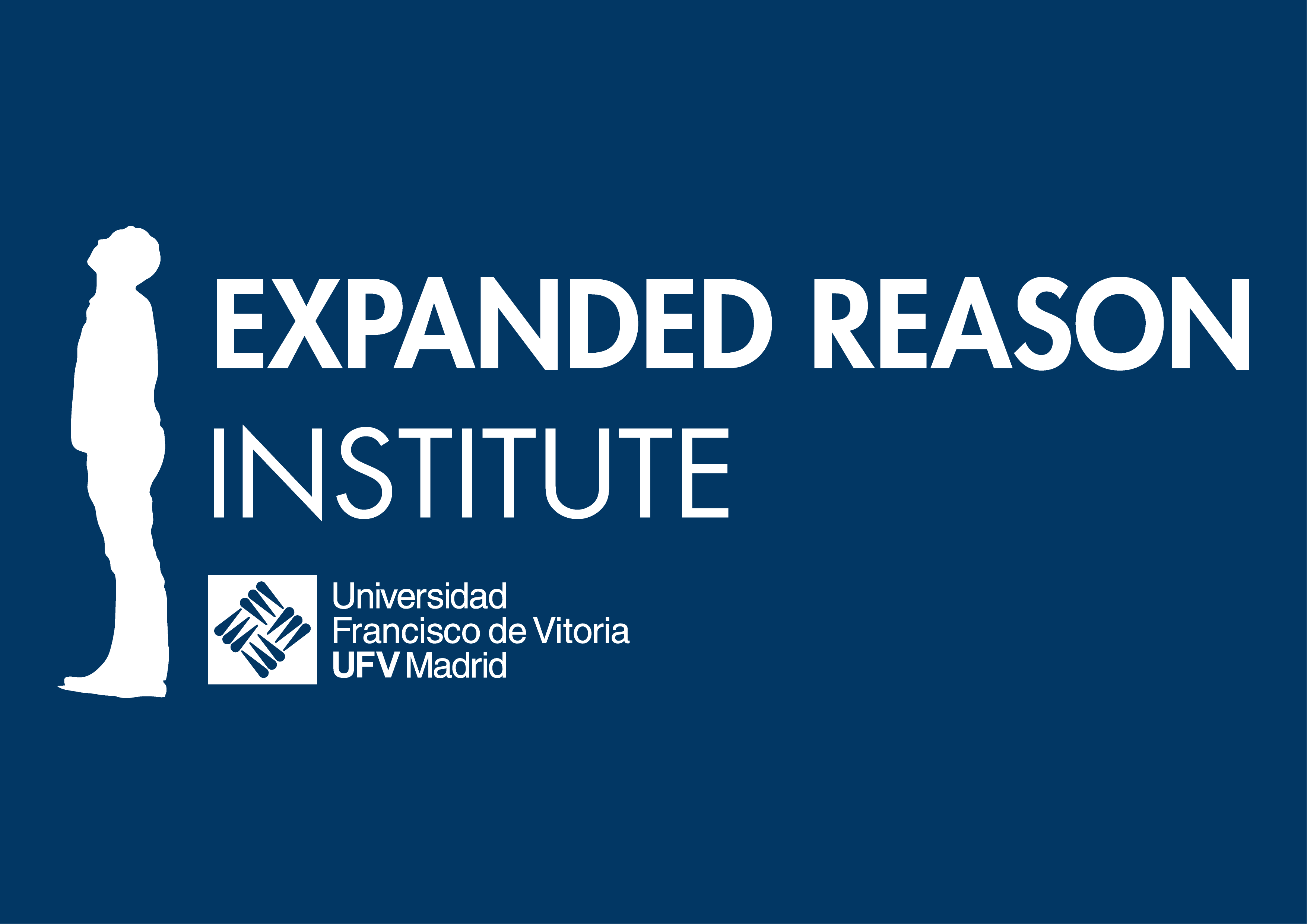Jorge López, UNAV professor: “We are not aware of the seriousness of administering puberty blockers to minors to change sex”
Last November 25, the conference entitled “The bioethical implications of treatments for gender transition”, organized by the Institute of Bioethics of the University Francisco de Vitoria, was held in the auditorium of the University Francisco de Vitoria. The event had the privilege of having Jorge López Guzmán as speaker. Dr. Lopez is coordinator of the area of pharmaceutical humanities at the University of Navarra.

In the search for the truth that hovers over the university spirit, it seems appropriate to delve into the evolution of the concept of the child in history, since the way in which childhood is defined has certain moral consequences, especially in the light of the so-called gender transition.
José López Guzmán and Sagrario Crespo, professor of bioethics at the University Francisco de Vitoria, are immersed in a research project on pharmaceutical treatments for these minors with the aim of providing adequate information in the health field so that it is known that they are experimental and, therefore, from which risks are derived, and that a holistic vision of the human being in a process such as this can be generalized.
What does it mean to be a pubescent?
Adolescence is that period of transition to adulthood in which important physical and emotional changes take place, ending around the second decade of life. According to the WHO, it is between the ages of 10 and 19. This onset of puberty involves the interaction of several factors, whether genetic or environmental, as well as various hormonal changes.
Adolescents are not a homogeneous group, nor does their maturational development follow continuous or uniform rhythms, but they do share a series of common characteristics such as the importance of their relationship with their peers, their body image or the development of their identity. It is a long journey in which it is necessary to accompany them from the multidisciplinary perspective of knowledge, since the decisions taken at this age can make them more vulnerable, for example, with respect to the beginning of the so-called gender transition.
In this sense, the speakers warned of the seriousness of resorting to puberty blockers to suppress hormonal expression and their sexual characteristics, since, from a bioethical perspective, existing treatments can prevent a satisfactory life project in the medium and long term.
What happens when a minor has a question of identity?
There are two options when a minor expresses an identity doubt. On the one hand, there is what is called “watchful waiting”, i.e. not intervening directly, but watching the development without coercing the person, so that he/she can find him/herself over a period of searching for affectivity, social niche, etc. And, on the other hand, a pharmacological intervention, which resorts to the direct suppression of sexual hormones and the execution of a halt in their maturational progress.
José López revealed that “there is currently a tendency to opt for the second option, but it is not something neutral as people try to make it seem, since if we give puberty blockers to a minor we are conditioning the subject to take other types of hormones later on“. And he adds: “If the objective is to seek the best for the child, the interesting thing would be to act prudently when choosing the alternatives, the principle should be that of precaution, to choose the measure that has the least repercussions”. For this, the requirement is to make a safe diagnosis and the truth is that there is no certainty that someone is transsexual when he or she is a puberty.
Diagnostic protocols: the origin of doubt
In the case of minors, the user’s own assessment is difficult to validate, since it is necessary to rule out vital circumstances that may confuse him/her with his/her sexuality, for example, a fantasy of falling in love or a search for self-acceptance. In fact, most international protocols seek to eliminate this perception because it “pathologizes transsexualism”, as José López explained: “If we want to protect the minor, we need a second diagnosis, to rule out other factors before medicating, to know what led him to make this decision”.
There are many empirical studies that show that when there is no intervention, up to 90% of cases stop being transsexual after puberty, which indicates that a holistic understanding of the whole process is necessary: “We cannot put minors in a funnel of treatments that are not appropriate for their age”, he affirmed.
A case study
Keira Bell’s case was much talked about because of the mistake involved in hormone administration and its repercussions. When Keira identified as male she was referred to a clinic that administered puberty blockers and then the rest of the cross-sex hormones. However, disillusioned by her differences with a male, in her 20s she was confused to enter the operating room and sought to re-identify as a woman. She claimed to be a “bearded, isolated, testosterone-slave girl for life.”
At trial it was shown that her consent at the clinic had been invalid because of her lack of capacity to understand at that age and that she had been given biased information that prevented her from knowing what she was facing in the years to come. The scientific evidence, then, argues that the preadolescent brain does not perceive risk as such, nor is it aware of the consequences of such a decision in the long term, even less so in a stressful situation.
Benefits or risks?
If we take into account the side effects of high medicalization, the physical consequences are obvious: reduction in height, mood changes, depressive symptoms, growth problems, changes in bone mineral density, premenopausal signs, fertility problems, etc. Jorge López uses this to think that “it is misleading to speak of the absence of intervention in a pharmacological treatment if the height of the child is already being changed by the drugs”.
Regarding the possibility of reversibility, there is much uncertainty on the issue. There are even countries in the region that have withdrawn these treatments for minors due to the lack of clarity of the long-term effects.
Finally, it should be borne in mind that they are off-label drugs, i.e. not approved for that effect, they are drugs that are not approved for the purpose for which they are administered and without adequate follow-up. Jorge López confesses that this is so because “governments are not interested in investing financially in carrying out studies to verify hormone blockers and that unexpected results are obtained”. In view of this paradox, he warns that they are not innocuous, given the long term in which their doses are administered and for a contraindicated purpose.
Conclusions
-Human dignity refers to the need to protect the most vulnerable people, especially minors.
-The desire to alleviate suffering is laudable, but in the face of irreversibility, caution is necessary. It should not be forgotten that the treatment is experimental and should entail greater rigor.
-There should be an overview of the pharmacological consequences of treatments. More research is needed, as much of the literature is biased and there is no consistency.
As identity awareness increases, the quality of benefits and interventions decreases, which leads to prioritizing non-invasive therapies to alleviate the distress of this group and opting for watchful waiting as the most appropriate option.
Questions: Is there an idealization of the other sex?
- French and American psychiatrists suggest that the therapy of minors with gender conflict should begin by contemplating the origin of this conflict and not by providing pharmacological treatments. They all agree that there is a beginning that is articulated around different problems, whether it is the abuse of the father, a school mockery for not having breasts, a very marked canon of beauty in social networks or the so-called personality by contagion in friends who join in making the same change… In general, they are people who do not like and do not accept each other. As in anorexia, it would not be fixed by doing liposuction and going on a diet, but by manifesting the distortion.
- Biologically, there is talk of an enzyme that produces hormonal changes in fetal development, but it is still not determinant. It is only a predisposition, but it does not necessarily have to develop. In fact, Professor Natalia López Moratalla has studied that, although there are different neuronal circuits in transsexual people, they are not crucial given the plasticity of the brain after thinking that one wants to be transsexual. In other words, there are no transsexual genes or transsexual brains. And this is why puberty blockers are risky and unwise, to administer them would be to pathologize a child. Ideology and economic pressures must be set aside in order to begin to carry out studies with statistical power and rigorous pharmacological clinical trials, so as not to be detrimental to the safety of transsexual persons.
- Today it is frowned upon to say that a child on this medication has hot flashes, has not grown or loses its immunity. But it is barbaric to start with the treatment, since there are many regrets after a mastectomy, for example, and they are sick for life, physiologically and psychologically, who suffer a lot because of the uncertainty of knowing how they are going to be after a surgical operation. Not only do they suffer from physical pain, but they are not happy because they are promised a happiness they cannot achieve. A recent study by the University of Pennsylvania reveals that the suicide rate in transsexual people is 40% higher than in the general population after starting treatment, precisely because of the idealization of the other sex, which generates an enormous tension for not becoming what they are looking for. Real information is needed, in addition to attending to other collateral damage to family members who need psychological support or to mitigate the anxiety that would be generated by a possible lack of drugs due to supply failure, which could imply a setback.
- In summary, and after 20 years of experience as a researcher in the field of transsexuals, José López clarifies that they are not sexualized people, but that they have a problem of non-identification with their body and are excessively self-centered, in addition to suffering from the feeling of not being understood by society: “Today operations are aesthetic, not functional, and there is much concern about continually undergoing interventions so that in time they can become what they want to be, if that were possible,” he concludes.


No comment